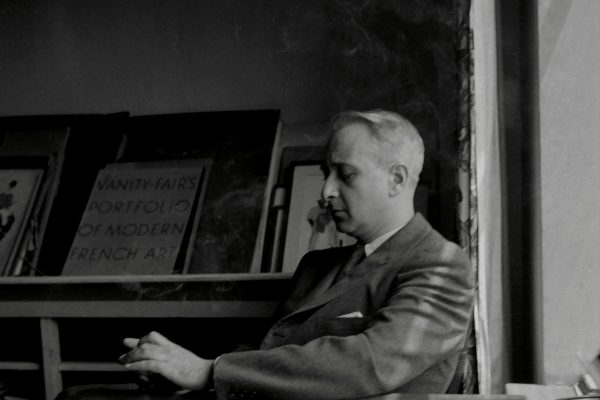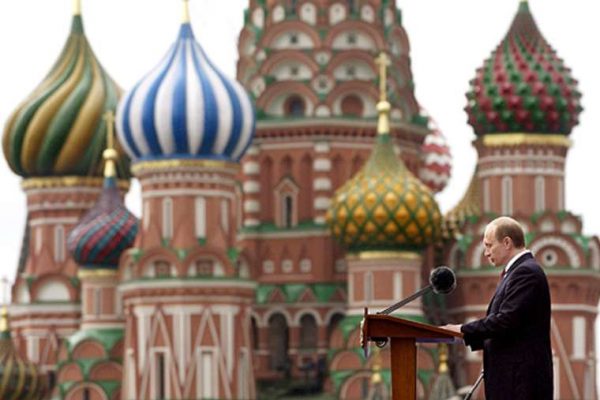Elaine Scarry
In this short but powerful treatise, Elaine Scarry tears into recent political and academic critiques of beauty. She aims to prove that beauty lies at the root of humankind’s most sublime endeavors: the search for truth and the pursuit of justice. On the former, she draws a convincing connection between our desire to clarify and reproduce the beautiful things we see (usually through art) and our desire to clarify and reproduce the knowledge of our fellow men (usually through education). For Scarry, it is beauty that first made man wonder, and beauty that continues to prompt him into looking for truth: beauty, in her phrasing, is "a call." Unfortunately, her attempts to carry this idea over to discussions of justice and equality are less successful. Scarry makes a fascinating case that seeing beauty reminds us of our own marginality, and therefore our equalness to other people. And she very skillfully defies traditional political criticisms of beauty. Yet Scarry nevertheless ends up constructing more of an analogy between the attributes of beauty and equality than the cause-and-effect relationship she wants to illuminate. Realizing this, she proposes that when one term of an analogy is left alone, it "actively calls out for its missing fellow"–in this case justice. An interesting argument, to be sure, but not quite as grounded as her analysis of beauty and truth.
–Meredith Petrin
For Common Things: Irony, Trust, and Commitment in America Today
Jedediah Purdy
Alfred A. Knopf, $20
"Irony has become our marker of worldliness and maturity,"writes Jedediah Purdy, speaking as a media-savvy young person in America today, in For Common Things. With a "quiet refusal to believe in the depth of relationships, the sincerity of motivation, or the truth of speech–especially earnest speech,"the ironic individual "avoids all appearance of naivete."But this world-weary stance isn’t always earned. It too can be received, or derivative, and can license ignorance and neglect of things we hold in common. Against this ironic grain, Purdy shows how one might "speak earnestly about certain hopes." Central to his wide-ranging reflections are his home and upbringing in rural West Virginia:relationships with family and friends, the Appalachian landscape that grounded his early life, and the interdependence among these things. He suggests that we have in common not only a natural ecology, but also a "moral ecology" of cultural practices and a "social ecology" of institutions. We rely on the latter two no less than the first, and they too deserve our attention and suffer from our neglect. But For Common Things is not meant as an irresistible argument for moral behavior; it’s a personal trying-out of ideas, aired in hopes that it might resonate with others who are thinking through their own private and public commitments.
–Jason Disterhoft
Republic of Denial: Press, Politics and Public Life
Michael Janeway
Yale University Press, $22.50
In Republic of Denial, Michael Janeway, a former executive editor of the Atlanticand editor-in-chief of the Boston Globe, dissects today’s distrust of politics and scorn for the media, and examines the many forces that have put them, and held them, in place. His range of experience–aside from credentials in the news media, Janeway’s resumé boasts a series of high placed government jobs–allows for an appropriately broad view. And rather than attaching blame to one of the usual suspects (corrupt politicians, market-driven media, a scandal-hungry audience), he shows how all Americans can be complicit in the problem. For example, Americans argue in public that politicians’ sex lives shouldn’t matter and deplore the appearance of "Lewinsky," the verb, in the national lexicon. Yet the very same people snap up juicy tales about public figures and often enough allow "character"–meaning, roughly, "sex life"–to become a crucial campaign issue. In the process, we mask these ambivalences about secrecy and sexuality with such complicated rhetoric that we treat even our most public problems as if they were a secret vice. Herein, for Janeway, lies the real crisis: we lack even a public discourse about our avoidance of public discourse.
–Susan McWilliams







